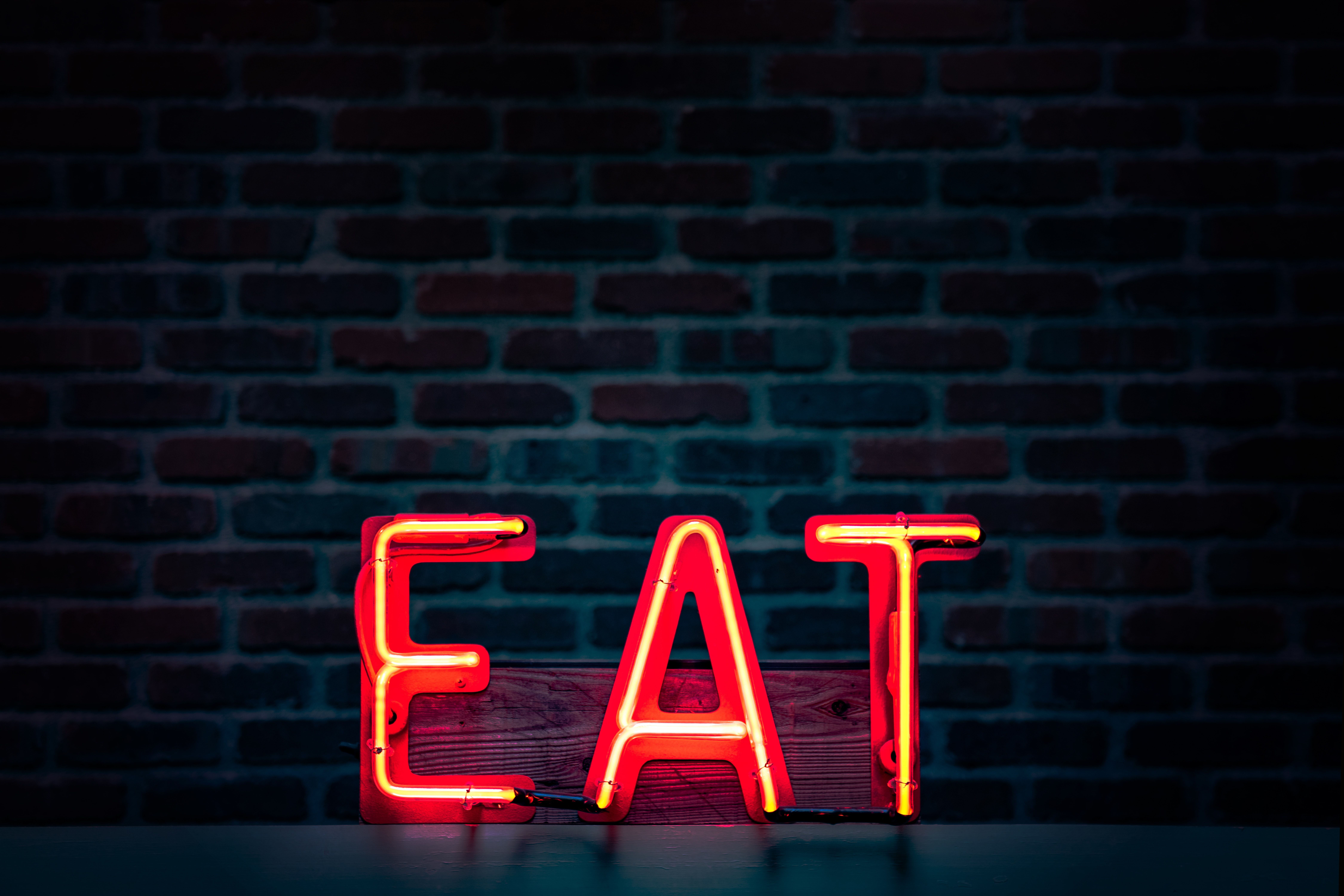This past Sunday, the eat-and-drink radio show Louisiana
Eats celebrated 10 years since its first episode aired back on June 8,
2010. The show's host, Poppy Tooker, looked back on her favorite moments of the
show since it first began a decade ago. In this very special episode, Poppy
takes her listeners back in time to revisit some of her most cherished
interviews and guests. She also talks about the history of the show and how it
became the first local program in the WWNO radio station, which only
broadcasted classical music before. Tooker also mentions how the radio show
inspired her book Louisiana Eats! The People, the Food, and Their Stories.
The first guest that she talks about is historian Michael Mizell-Nelson.
When Louisiana Eats first aired in 2010, the New Orleans streetcar was
celebrating 125 years of operation. Poppy looked back on the time when she learned
about the intersection of food and the streetcar line with the historian, as
they rode the streetcar. Mizell-Nelson told Poppy that the po-boy got its name
after the 1929 streetcar strikes and that long before that, it used to be
referred to as a loaf. He also mentioned how the streetcar used to operate as a
food-delivery system. People would sell produce and other goods on the
streetcar, and, in some cases, the ends of the lines would host small markets
were people could buy and sell food. Interestingly, the only food that was not
allowed on the streetcar was crawfish. Mizell-Nelson explained that this was
because the health department feared the spread of a virus that was thought to
be carried by crawfish.
Poppy also remembers the time when she invited her old
friend and Voodoo priestess Miriam Chamani to the show. In what she recalls as
one of her favorite interviews, Tooker asks Chamani about the multiple uses of
herbs. The priestess explained how herbs have historically helped people to
create better living environments and to deal with emotional distress. In the
early 1800s, herbs were considered the biggest natural pharmaceuticals. Chamani
said that the best herbs for love were jasmine, lavender, cinnamon, and ginger.
When asked about luck and money, the Voodoo priestess recommended using John
the Conqueror Root for money and Devil's Shoestring for luck. Chamani also
demonstrated a Voodoo technique called "rattling those bones," while she
predicted good energy for Louisiana Eats and Poppy Tooker.
Next, she revisits the episode when she talked to Joey
Fonseca from Outlaw Katfish Co., whom she describes as "A wild man from the
swamps." According to Tooker, Fonseca and his wife brought the taste of wild
catfish back to farmers markets across the state. Joey told Poppy about the
various methods that can be used to catch alligators during hunting season each
September. He also said that his favorite cut was the alligator's filet mignon.
The "wild man from the swamps" talked about his passion for hunting and
cruising the bayou.

The radio show host looks back at the time when she rode on
the Roman Candyman's wagon across the Uptown neighborhoods of New Orleans. Ronnie
Kotemann sells homemade taffy in a 105-year-old wagon, which he inherited from
his grandfather. In this section of the episode, Tooker takes her listeners
back to the time when she interviewed the Roman Candyman as she rode on his
wagon. Kotemann's grandfather began selling candy in a cart tugged by a mule
after he lost his legs in a streetcar accident. He was kicked out of school following
the accident, so he took to the streets of the Uptown neighborhoods to make a
living. Ronnie has continued this family tradition and continues to sell the
same recipe after years of riding the wagon.
Next, Tooker remembers her visit to Mahaffey Farms in
Princeton, Louisiana, as one of her favorite moments as a radio host. In this
section, she remembers the conversation that she had with farmer and owner of
Mahaffey Farms, Evan McCommon. Before turning into a sustainable and biodiverse
farm, the Mahaffey property was used for raising pine timber. After that
economy collapsed, McCommon focused on making the farm a sustainable ecosystem
for agriculture and raising animals.
Finally, Poppy recalls her first story as the host of Louisiana
Eats. She covered the Gulf oil spill of 2010 and how it affected the food
business. Several chefs and fishermen came to the show to talk about the devastation
that had a similar impact on the food business as hurricane Katrina. Tooker
ends her episode by drawing a parallel between these two historical happenings
and the current COVID-19 pandemic. She calls for patience, perseverance, and
flexibility and asks her listeners to remember their kitchens as the ultimate
happy place.

